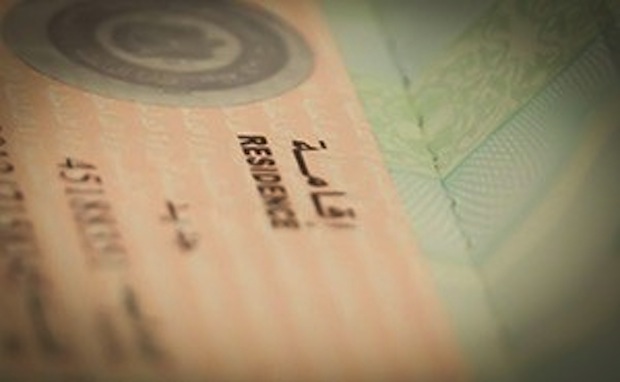Everything you need to know if you plan to travel in and out of the UAE
Travel protocols have changed in the UAE in the aftermath of the Covid-19 pandemic

The Covid-19 pandemic has altered travel and tourism across the world. Accordingly, residents and citizens of the UAE have had to adjust to the ‘new normal’ of travelling in the aftermath of the virus outbreak.
New rules for the country’s residents and citizens who wish to travel abroad – and return – entail the following:
Dubai’s rules for outbound travel
Dubai residents with valid visa do not need an approval from the General Directorate of Residency and Foreigners Affairs (GDRFA) before travelling out from the emirate.
* Those flying with Emirates Airline need a GDRFA number before booking any outbound journey. Other airlines do no require this.

Passengers must fill a ‘Health Declaration Form’ confirming that they do not have symptoms of Covid-19.
The airline has the right to refuse boarding if they display any symptoms of the coronavirus.
Travellers must comply with the guidelines and protocols followed in the countries they are travelling to.
However, Dubai residents who wish to travel abroad and return must have requisite approvals.
Dubai’s rule for inbound travel
Residents holding Dubai-issued visas, who wish to return to the emirate must obtain approval.
- The return approval can be obtained from the General Directorate of Residency and Foreigners Affairs website.
- The visa should hold a validity of more than six months as the system may reject an applicant whose validity fall short.
- During the application process, the traveller will need to enter his/her Resident File Number, available on the visa under file.
- The validity of the GDRFA permit is one month – however, it can be re-applied.
- The applicant can check the website for the status of the application. If approved, an email with a GDRFA reference number is sent to the applicant. However, if the application can’t be processed at the time of the request, it can be done again after four days.
- All inbound and transit passengers are mandated to undergo Covid-19 tests prior to boarding their flights. This directive applies to Emiratis, residents, and tourists, arriving via UAE’s airports, irrespective of the countries they are coming from.
Residents must also fill a ‘Health Declaration Form’ before commencing their journey to confirm they do not have Covid-19 symptoms.
The airline has the right to refuse boarding if passengers display any symptoms of the coronavirus.
Upon arrival at Dubai airports, all residents will have to undergo a PCR test to screen for Covid-19.
Residents should register their complete details in the Covid-19 DXB smart app available online on arrival.
Residents entering Dubai should not leave their house until they receive their Covid-19 test results. If they test positive, they will have to home isolate themselves for 14 days.
Abu Dhabi’s rules for inbound travel
All inbound and transit passengers are mandated to undergo Covid-19 tests prior to boarding their flights. This directive applies to Emiratis, residents, and tourists, arriving via UAE’s airports, irrespective of the countries they are coming from.
On arrival in Abu Dhabi, the passenger will be permitted to travel without restriction to any other emirate, though he/she must self-isolate for 14 days.
